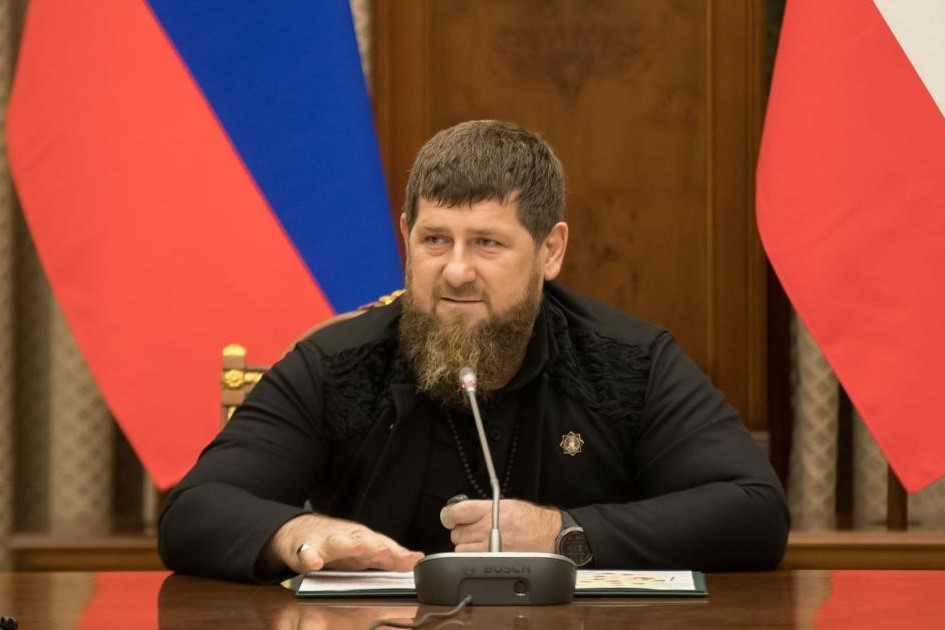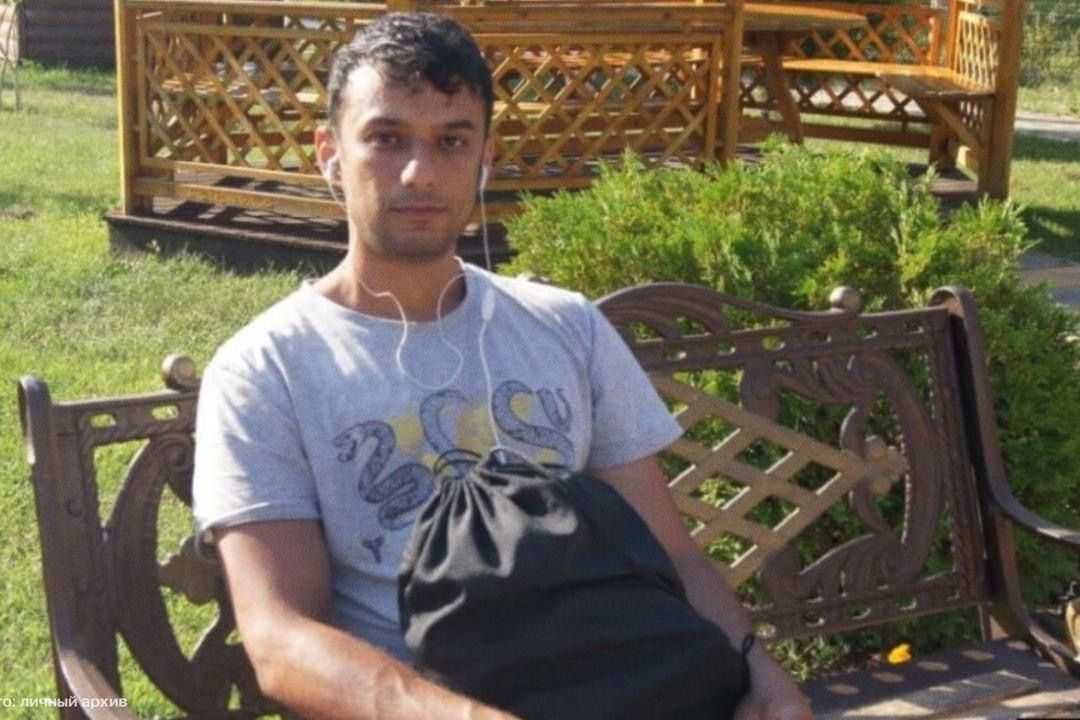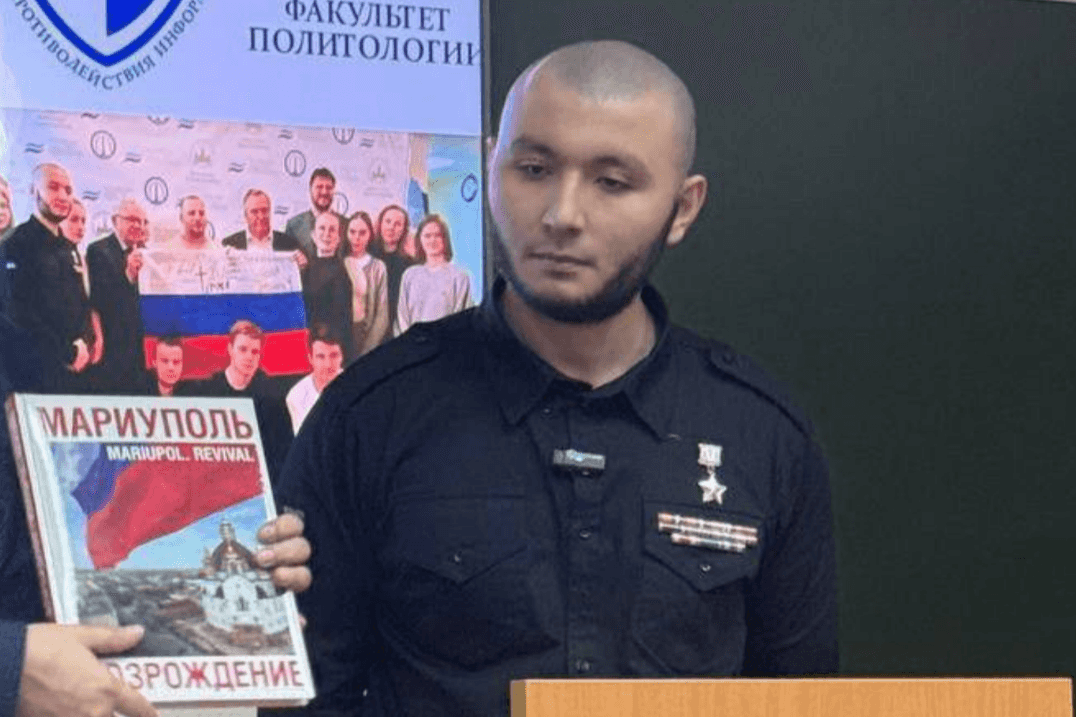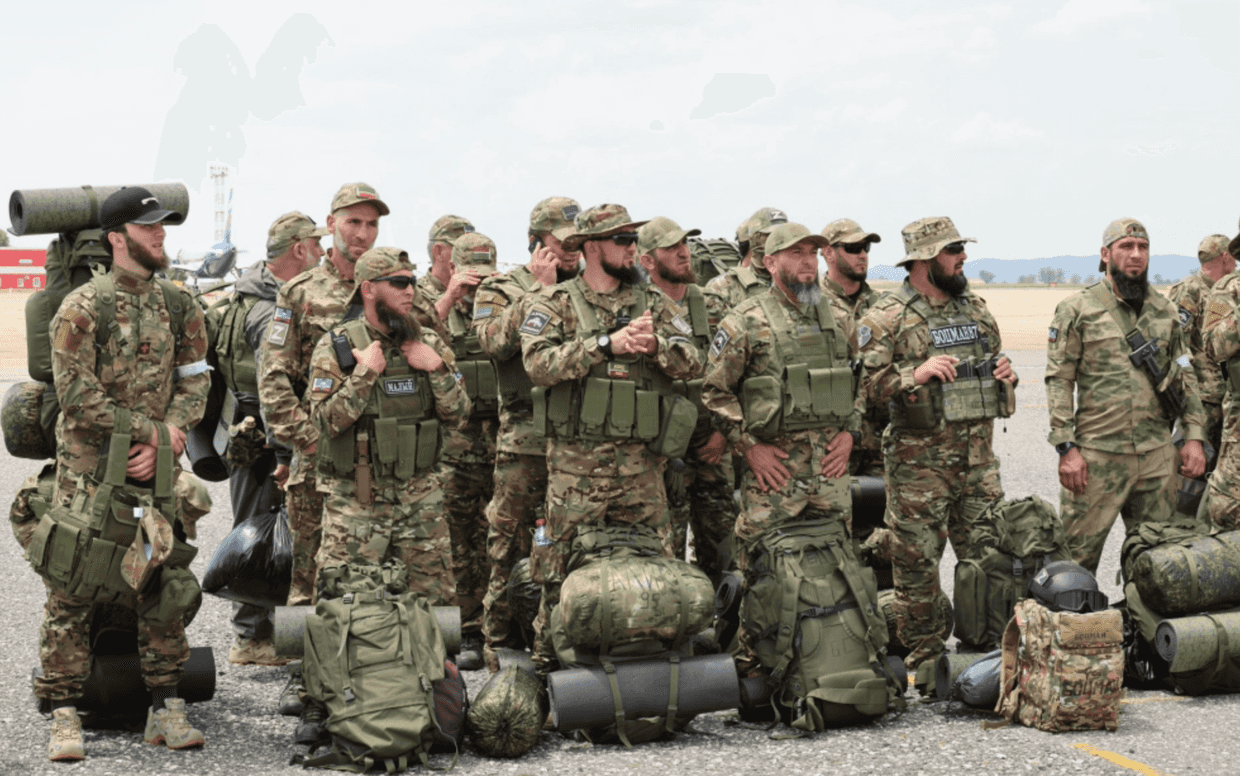
Chechnya’s Ramzan Kadyrov has accused the head of Russia’s Investigative Committee of ‘conflating Islam with terrorism’ following deadly attacks in Daghestan in June.
The Investigative Committee’s head, Alexander Bastrykin, had spoken in favour of banning the niqab, a long garment worn by some Muslim women that covers their entire body and face, in Russia.
Bastrykin went on to say that ‘Islamists’ committed the Daghestan attacks and the Rostov detention centre hostage crisis in June.
In response, Chechen Head Ramzan Kadyrov stated on Saturday that Bastrykin should be ‘extremely careful’ making ‘such statements’.
‘I have said many times and emphasised once again that Muslims have not committed and are not committing terrorist acts. At the same time, I really hope that Alexander Bastrykin will no longer conflate Islam with terror’, Kadyrov wrote on Telegram.
Kadyrov warned that high-ranking Russian officials should not ‘allow themselves’ to use such words, lest they risk flaring up Russia’s ‘socio-political situation’.
‘Today the peoples in Russia are united and united as never before. We need to value this factor, and not divide society into good and bad religions’.
The Daghestan attacks of 23 June in Derbent and Makhachkala killed at least 20 people and hospitalised 16 others. They targeted a synagogue, a church, and a traffic police post.
Following the attacks, Kadyrov demanded that security forces in his republic and the North Caucasus ‘strengthen their work to ensure public safety, [and] prevent terrorism and religious extremism’. He additionally vowed to eliminate ‘the entire lineage’ of suspected Wahabists.
[Read more on OC Media: Recriminations in Daghestan and Chechnya follow deadly attacks]
Several senior Russian officials have since attributed the attacks to radical and extremist Islamist groups, with Kirill Kabanov, a member of President Vladimir Putin’s Human Rights Council, calling Daghestan ‘a stronghold of radicalism and intolerance’.
Kabanov went on to accuse officials in Daghestan of allowing MMA fighters to spread extremist Islamic ideology in the North Caucasus.
Marina Akhmedova, another member of the Human Rights Council, also accused MMA athletes and bloggers in Daghestan of promoting a ‘new radicalism’ and of ‘looking not towards Moscow, but towards the Caliphate, towards the UAE’.
‘You won’t see the Z symbols there [in Daghestan], but you can easily see Palestinian flags on cars. And this says a lot. […] While Russia was dealing with external problems, such radicalism arose there’.
Daghestani Head Sergei Melikov also condemned the ‘harassment’ and ‘bullying’ of his republic by Russian officials.
‘The storm around the republic still has not subsided; statements offensive to the republic have not stopped for a week now. They accuse us of radicalism, confuse criminals with all believers, see signs of terror in niqabs, and publicly make careless — I would even say dangerous — comments’, he wrote on Telegram.
‘You can’t call it anything other than bullying. It’s as if the whole of Dagestan and personally the civil authorities [were] responsible for the bandits from whom we have already suffered and with whom each of us is ready to fight to the last bullet’.
Russian authorities have stated that one of the perpetrators of the Daghestan attacks, Gadzhimurad Kagirov, was a member of UFC champion Khabib Nurmagomedov’s fight club, Eagles MMA. They subsequently raided the club and interrogated several athletes training there.
Nurmagomedov condemned the investigation, stressing that Kagirov was not a member of his team.
‘[The attacker] is not our student, this is absolute nonsense, it’s not true. Yes, he had a camp at the gym at some point, maybe for a couple of months. But he was never part of the team’, said Nurmagomedov.








